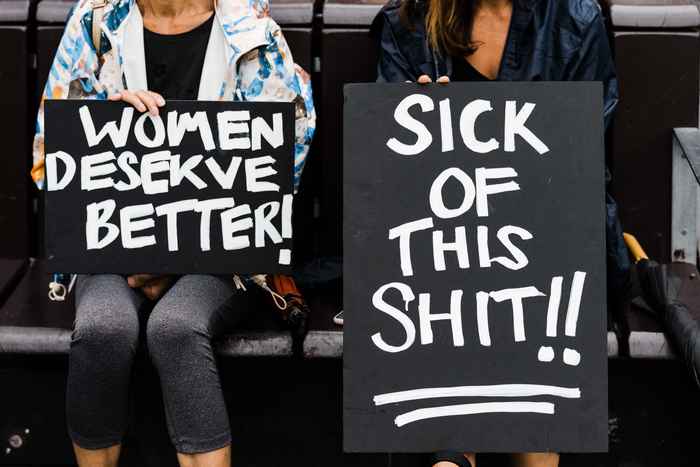Thermodynamic Marx: Exploding Labor-Power
- Date
- 18 September 2024
- Time
- 16:00

Where does surplus value come from? It is the central question of political economy that has become especially pertinent in our era of ecological collapse. How does economic value relate to ecological resources or “wealth”? A popular interpretation of Marx’s critique of political economy called value-form theory, what I call Rubinism, has found itself in a dilemma. Value cannot be traced to flows of matter-energy in a one-to-one calculus for risk of a reductionist metaphysics. Yet neither can value simply be an idealist measure of the economy, bearing no relation to the thermodynamic flows in which it is nested. In this chapter, I navigate the dilemma by arguing that labor-power “produces” economic value because it uniquely mediates economic value and ecological wealth.
The chapter moves beyond Rubinism in tracing abstract labor back to labor-power. Labor-power is split across economic and ecological dimensions, being both a thermodynamic principle and a commodity. Yet while it shares these dimensions with all products, it is an eccentric commodity in that its value is determined through class struggle. It is this eccentricity that puts labor-power in a crucial position to “produce” value itself. Labor-power has the unique capacity to produce value, not because it can create ecological wealth in a way that machines, nature or other forms of human work cannot, but because it has the ability to refuse the the transition from ecology to economy. Labor-power is the part of capital that opposes itself in class struggle and thus decides what ecological wealth counts as economic value. In thermodynamic terms, labor-power converts energy into work.
Bio
Jan Overwijk is NWO Rubicon postdoctoral fellow at the Institute for Social Research at Goethe-Universität Frankfurt am Main and assistant professor at the University of Humanistic Studies. His research is situated in social philosophy and critical theory. His monograph Cybernetic Capitalism: A Critical Theory of the Incommunicable will appear in 2025 with Fordham University Press. Currently, he is working on a project on economic value that stages an encounter between eco-Marxism and ecological economics.